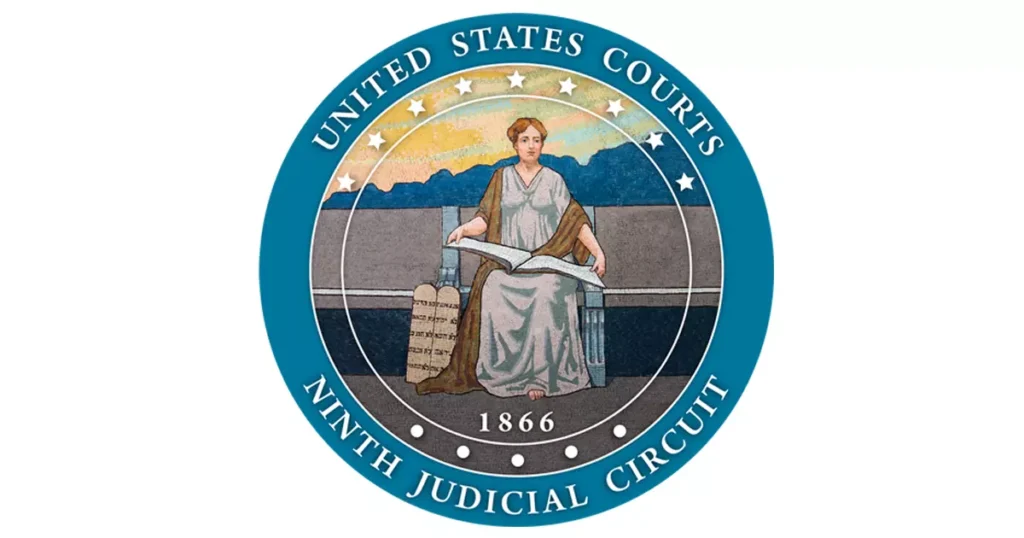Appellate Court Ruling Should Close Out Discussion on Application of Federal Law to CNMI, Guam, and Puerto Rico
Washington, D.C. — Yesterday, the Ninth Circuit Court of Appeals upheld a District Court dismissal of a legal challenge by a cockfighter and former Northern Mariana Islands local politician and executive agency official seeking to nullify the application of the national animal fighting law to the Northern Mariana Islands.

The loss represents the final chapter in a years’ long effort by cockfighters in Guam, Puerto Rico, and the CNMI to keep cockfighting alive in the U.S. territories. All three legal efforts have resulted in unambiguous losses at the District Court and Federal appellate court levels. The Ninth Circuit also ruled on a challenge by a Guamanian cockfighter, and the First Circuit ruled on a challenge by cockfighters and politicians in Puerto Rico, with all cases decided in favor of the United States and amicus participants from Animal Wellness Action and the Center for a Humane Economy. So far, the U.S. Supreme Court has refused to hear the cases that originated in Puerto Rico and Guam. With a similar outcome expected here, the legal challenges from territorial cockfighters will come to an end.
In the CNMI case, Andrew Salas argued that an anti-cockfighting provision of the Agriculture Improvement Act – enacted into law in December 2018 and which took full effect one year later – overreached in applying the prohibition to the Northern Mariana Islands. The United States opposed his legal argument, filing extensive pleadings in the case. Animal Wellness Action and the Center for a Humane Economy filed a brief in support of the government in the Ninth Circuit proceeding.
In a 28-page opinion, Circuit Judge Lucy Koh stated, “in regulating animal fighting under the AWA [Animal Welfare Act], Congress sought to relieve the burden of animal fighting on interstate commerce, ensure the humane treatment of animals, and prevent the spread of avian flu, all of which are significant federal interests.” The judge later added, “Because these federal interests outweigh any intrusion into the CNMI’s internal affairs,” Salas’ interests in promoting cockfighting in the Islands does not preclude application of federal animal fighting prohibitions to the CNMI.
In October 2021, the U.S. Supreme Court denied a writ of certiorari from cockfighters and political leaders in Puerto Rico seeking relief from the same federal law that bans cockfighting there. That pleading came to the Supreme Court after a U.S. District Court in San Juan and the U.S. Court of Appeals for the First Circuit rejected the claims of cockfighting interests and their local political allies in Puerto Rico.
“Every challenge to the 2018 federal law against staged animal fighting has been met with unanimous disapproval by the federal courts,” said Wayne Pacelle, president of Animal Wellness Action, which has filed pleadings in the prior cases. “The Congress has determined that cockfighting is bound up with interstate commerce and that the United States has authority to outlaw staged animal combat everywhere in the United States because of our national interest in protecting animals and stemming the spread of zoonotic disease.”
The 2018 federal law built on an already strong federal statute to combat animal fighting by making it a felony to operate a cockfighting venue or to participate in animal fights. Other provisions of the federal anti-animal fighting law – such as prohibitions on transporting or receiving fighting birds, trading in fighting implements, or being a spectator at an animal fighting event – had already applied to the territories for years.
“Mr. Salas may very well appeal this decision to the U.S. Supreme Court, but he and other CNMI cockfighters should take note that the Court has already sent clear signals on two occasions that it has no interest in entertaining these cases,” said Kate Schultz, senior attorney for Animal Wellness Action. “Their energies are better spent simply heeding the law and no longer engaging in illegal gambling and the thrill of watching the bloodletting.”
Animal Wellness Action, the Animal Wellness Foundation, and the Center for a Humane Economy have participated as a friend of the court (amicus curiae) on the side of the United States in all prior challenges to the 2018 U.S. law banning cockfighting.
Noting the barbarism of staged dogfighting and disease threats to poultry posed by cockfighting, Reps. Don Bacon, R-Neb., and Andrea Salinas, D-Ore., and Senators Cory Booker, D-N.J., and John Kennedy, R-La., have introduced the FIGHT Act, H.R. 2742 and S. 1529, in the 118th Congress. The legislation seeks to outlaw gambling on on-line animal fights, ban shipping adult roosters through the U.S. mail, to offer criminal forfeiture provisions to law enforcement, and to enable citizens to file civil actions against known dogfighters and cockfighters.
For a legislative history, go to the Animal Fighting Law page.

